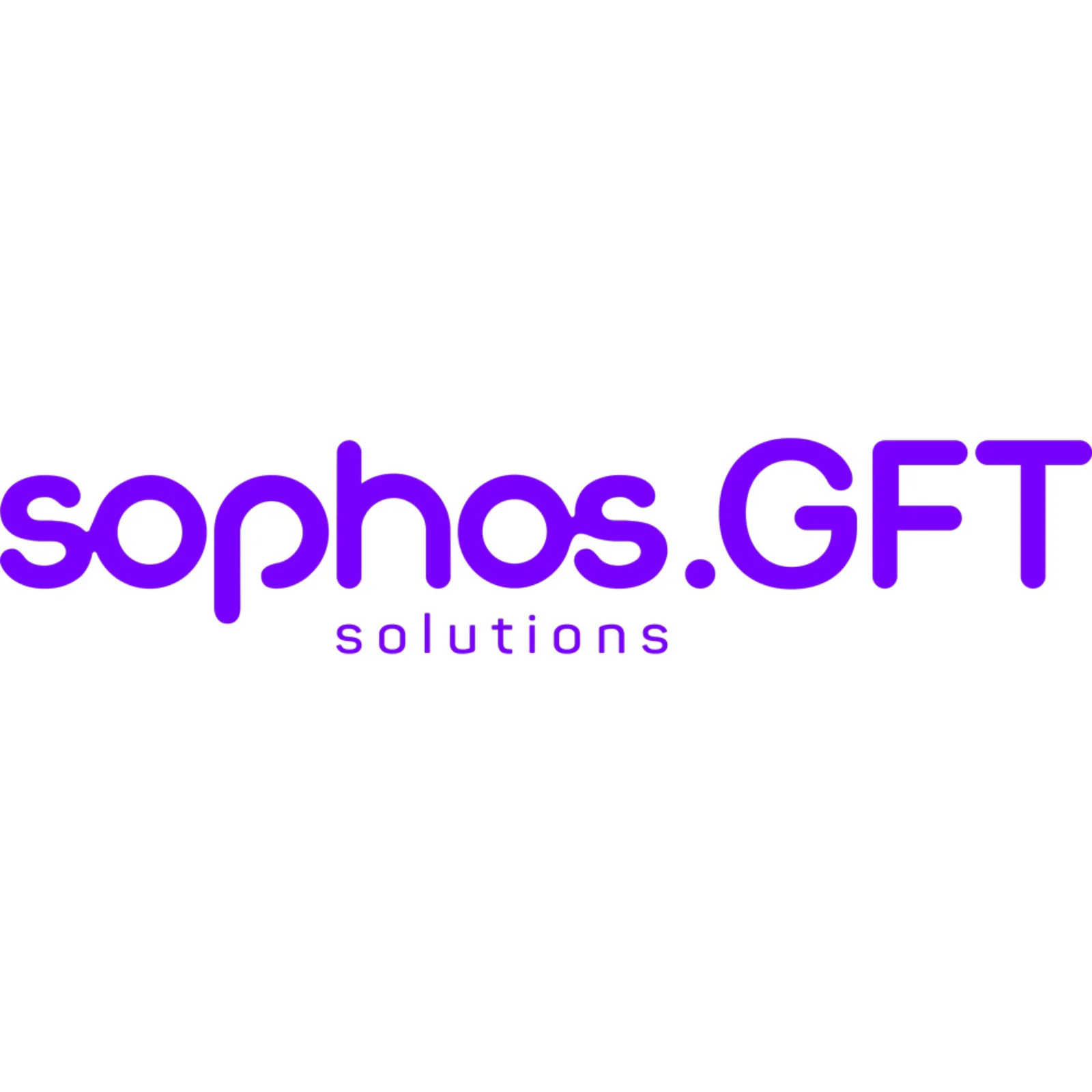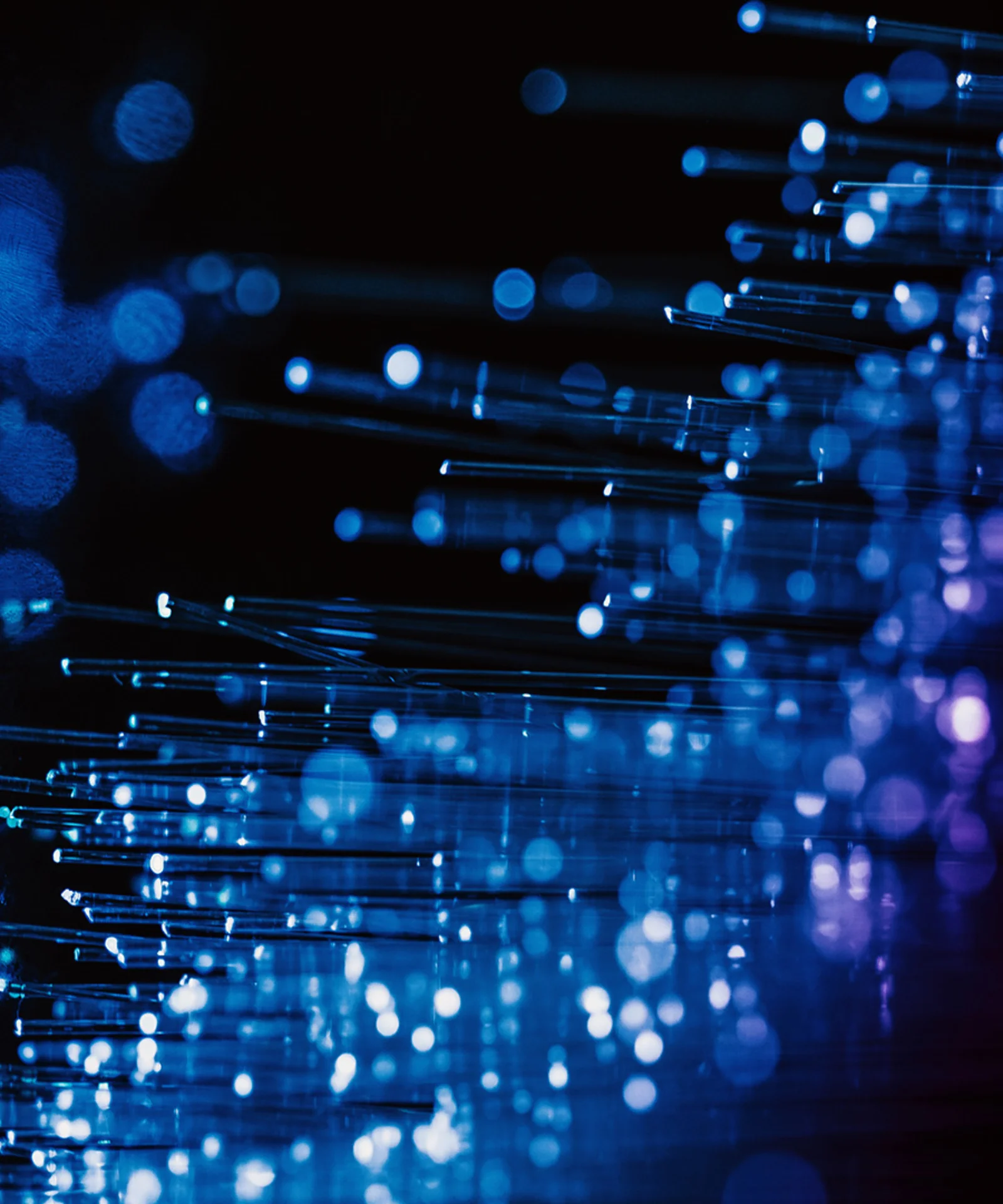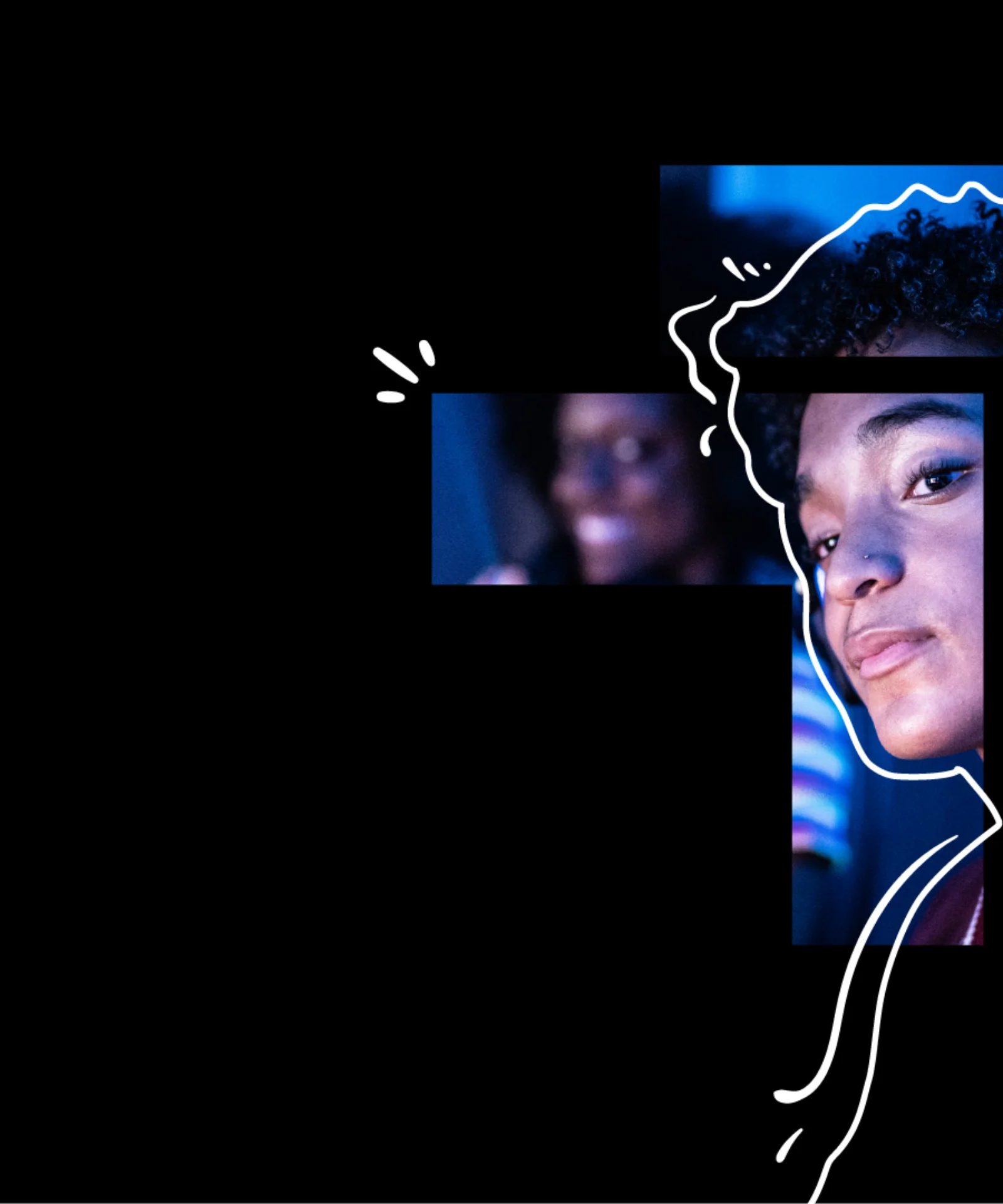Unleashing Creativity


Ken Robinson, a pioneer in creativity and education describes creativity as the unique element every human being has where their natural abilities (talents) and personal inclinations (passions) meet to generate creative ideas.
Take a minute to think about the decisions you’ve made in the last week. You’ve asked yourself questions like: what should we have for dinner tonight? Where should we go on our next vacation? What do I need to add to my shopping list? When will I go to the grocery store? Now, take a few seconds to think about whether the answers to these questions were rational decisions. Duncan Wardle, Disney’s former Innovation and Creativity President, argues that answering these questions has to do with intuition. For these decisions, we rely more on emotions than on reason.
Psychological studies show that our brains are 13% conscious thought (reason) and 87% subconscious thought (intuition). The truth is that most people use the first 13% of their brain for 95% of their daily activities. The remaining 87% is always there, ready to be unleashed. Unfortunately, this part of the brain is more difficult to access and stress and the daily grind often prevent us from stimulating it.
Now, consider how artificial intelligence has impacted our society. It’s been said that during the next 10 years AI will leave more than 30 million people unemployed in the US alone (approximately 10% of their population). Additionally, due to job automation, people will have even more free time in their daily lives. That’s valuable time to spend finding purpose and meaning in our lives.
So, the real question is: how are we going to compete against something that thinks a hundred thousand times faster than we do and which becomes more necessary and valuable every day? Simple.
By trusting and using that intuitive 87% of our brains. And for that to happen, there’s a fundamental capacity that needs to be unleashed and developed: our creativity.
Creativity is not just composing symphonies, designing sculptures, or creating artistic masterpieces. Each person is born with an amazing capacity to imagine and create, but as years go by, pressing responsibilities and needs make us lose our creativity without even noticing it.
One of the main characteristics of a creative person is the ability to think with the spirit of a child, while incorporating mature experience. This means being joyful and open to imagining and implementing new ideas and fast solutions intuitively, but at the same time drawing on lived experience to generate new and useful ideas that are impactful and relevant for any of our areas of experience.
Taking into account everything we’ve said here, we could say that companies’ biggest challenge when it comes to creativity is often talent retention. And in our context, challenges that empower people to go beyond the status quo are a key tool, not just a nice to have. But how can we ensure that these challenges exist? How can we find ways to help our internal talents to flourish?
Companies such as Google, Amazon, Disney, Apple, and many more have already given us the answer. Everything starts with the organizational culture and its relation to the process of tackling those challenges. What is key is having working teams in any area that motivate and invite others to develop their creative capacity in order to innovate. Those who propose new ideas that go beyond a simple daily task, those who make space in their agendas and book time to imagine and create. Teams with non ego-centric leaders who work hand to hand with others. Teammates that promote their knowledge with the attitude, motivation, and discipline to convert it into creative ideas to serve others. A culture that’s generated by leaders who know how to cocreate with their teams.
“Creativity is linked to happiness because it not only provides tools to improve and transform once’s daily life, but also the power to construct oneself. Creativity frees the inner power that every human being possesses”
So let’s remain conscious of the importance of being creative not just for our own lives but for our companies, working teams, and most importantly for our society.
Remember that, at a basic level, innovation is no more than a successful implementation (meaning one that generates value) of a creative idea in a specific context, market, and/or society.

.webp)




